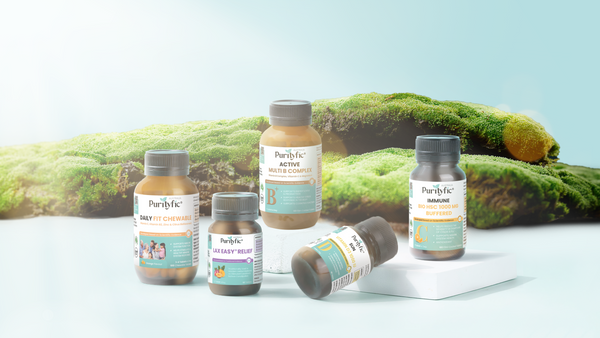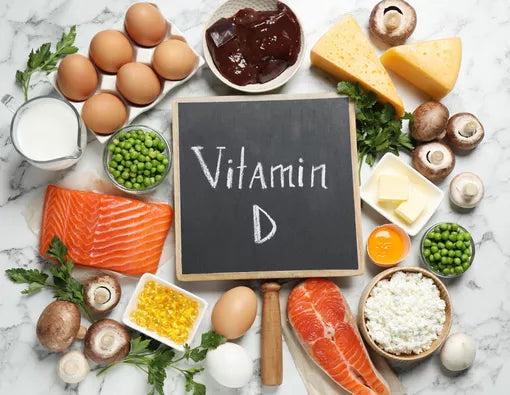
Can Food Make You Happy? Here is the explanation!

Have you ever noticed that after eating, your mood becomes happier? It turns out that it's influenced by the food that produces certain nutrients. Can Food Make You Happy? Here is the explanation!
Quoting the BBC, the nutrients in food can increase the production of chemicals in the body that promote positive feelings, such as serotonin and dopamine.
Serotonin is responsible for regulating mood and improving sleep quality, while dopamine regulates motivation, attention, and emotional reward.
Can Food Really Affect Our Feelings? For years, researchers have been investigating whether the food we eat plays a role in our emotions. Science has proven that what we put into our mouths can affect what comes out of our heads.
Nutritionist Wesley Delbridge says that the "gut-brain axis" connects the digestive system to how we feel.
"We're aware that our gut talks to our brain, and it can have a significant effect on our mood and the emotions we experience," he said, as quoted by USA Today.
"If your gut is happy, then you'll be happier," he added.
In 2008, researchers at the University of California, Los Angeles (UCLA) reviewed 160 studies on how food affects the brain.
"Figuratively speaking, we are what we eat," wrote Dr. Aarti Gupta, founder and clinical director of Therapy Nest in California.
Gupta conducted nutritional assessments on patients with anxiety or depression. The first step in addressing their condition was to consider the amount of coffee, water, or fast food they consumed in order to feel better.
"Considering that our brain and bodily functions (improve) due to the food we consume, our metabolism, it all reflects back on ourselves," she explained.
Foods That Play a Positive Role in Regulating Mood
-
Salmon Salmon contains omega-3 fatty acids that have been proven to boost mood. Wesley Delbridge explains that Omega-3s play a crucial role in cell production and even contribute to a sense of happiness.
-
Dark Chocolate Dark chocolate has many health benefits, including reducing emotional stress, according to a 2009 study by the American Chemical Society.
Nutritionist Sonya Angelone says that dark chocolate improves mood by increasing endorphin levels. Angelone suggests choosing dark chocolate with at least 70% cocoa content.
- Foods Containing Probiotics Probiotics are live bacteria that reside in our intestines and are known to aid digestion, boost the immune system, and cleanse our intestines.
They are major contributors to the gut-brain axis and have a calming effect on the body, particularly helping with aggression, says Delbridge.
Examples include probiotic-rich fermented foods like kefir, sauerkraut, kimchi, pickles, and yogurt.
-
Grapes Grapes contain something called resveratrol, an antioxidant that has been shown to improve mood.
-
Foods Containing Vitamin B6 and C Vitamin B6 is crucial for converting tryptophan into serotonin, a neurotransmitter that plays a key role in mood, learning, appetite, and impulse control. B6 is found in poultry, seafood, beef, green vegetables, spinach, and water spinach.
Additionally, vitamin C is a beneficial component for enhancing the immune system with its antioxidant properties.
Since the immune system and the brain are connected, physically unhealthy individuals often refer to their condition as a source of depression. Vitamin C can neutralize free radicals, allowing the body to eliminate negative conditions more easily.
Vitamin C is found in broccoli, oranges, water spinach, strawberries, mangoes, and kiwi.
So, that's an explanation of how food can affect human emotions and even make us happy. Hopefully, this adds to your knowledge, dear readers!





